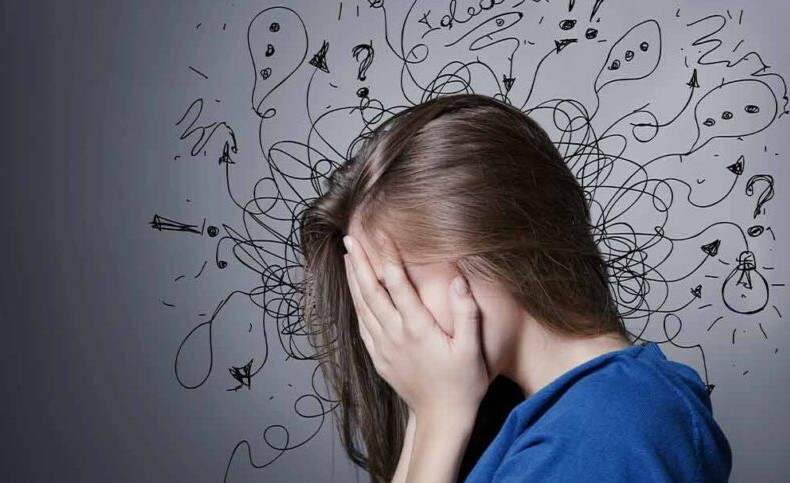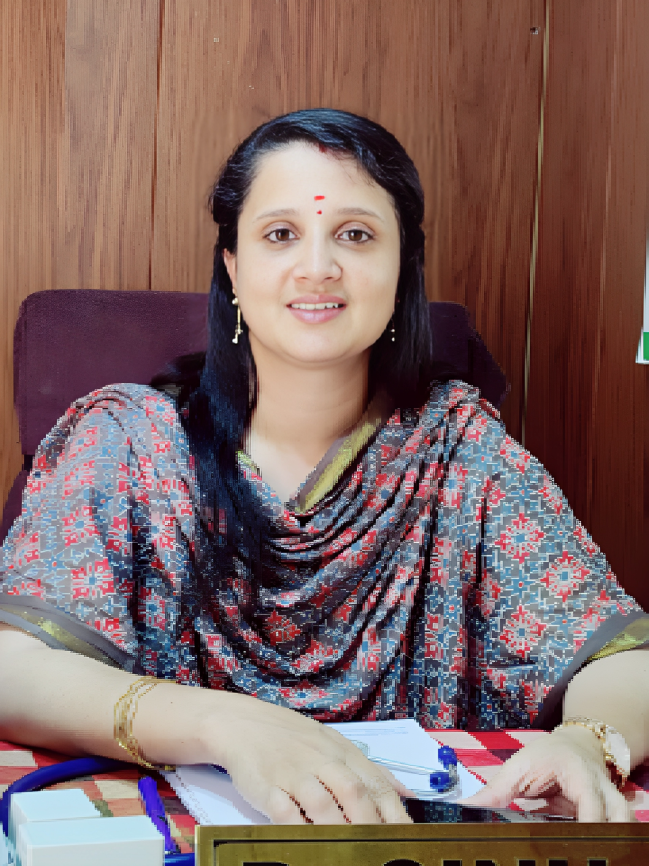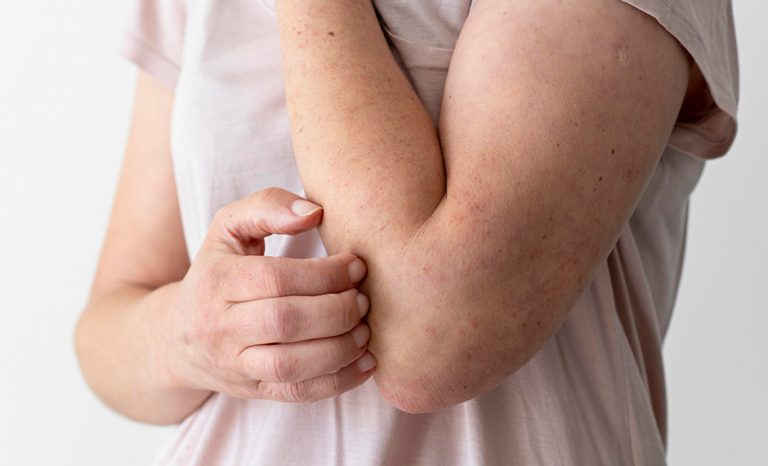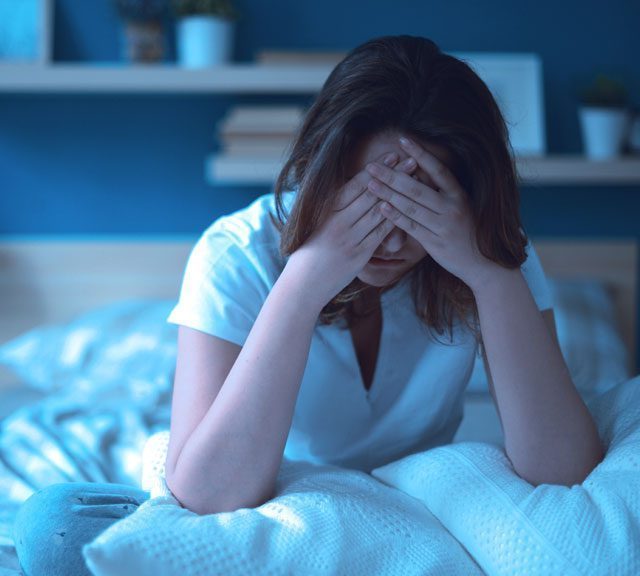Anxiety stands out as a common emotion in the wide tapestry of human feelings. Most of us have experienced its recognizable grip at some point in our lives—those racing thoughts, the hammering heart, and that uneasy sensation in the pit of our stomachs. But at what point does normal anxiety turn into a disorder? And how might ancient techniques, like Ayurveda, provide comfort? Let’s start our understanding adventure.
When Anxiety Turns Chronic: Causes and Symptoms
Due to our ancestors’ “fight or flight” instincts, anxiety is a normal reaction to prospective threats. However, these emotions turn into anxiety disorders when they become uncontrollable, excessive, or out of proportion to the actual threat.
Causes: Anxiety disorders can be attributed to a variety of factors:
- Genetic Predisposition: A family history of anxiety disorders can increase one’s susceptibility.
- Brain Chemistry: Abnormal levels of certain neurotransmitters in the brain can lead to imbalanced mood regulation.
- Environmental Factors: Traumatic events, prolonged stress, or a history of abuse can trigger anxiety disorders.
Symptoms: While symptoms can vary, common indicators include:
- Excessive worrying
- Rapid heartbeat
- Irritability
- Sleep disturbances
- Muscle tension
- Panic attacks
The Ayurvedic Perspective on Anxiety
The ancient holistic science of India known as ayurveda gives a distinctive perspective on anxiety. Ayurveda views anxiety largely as an aggravation of the Vata dosha because it bases its theories on the harmony of the body’s three doshas (Vata, Pitta, and Kapha). Anxiety disorders may develop as a result of this imbalance in addition to outside stressors.
Treatment for Anxiety in Ayurveda: A Holistic Approach
- Ayurveda’s strength lies in its holistic approach, combining diet, lifestyle, herbal remedies, and therapies to restore balance.
- Dietary Recommendations:A diet that balances vata can be helpful. This includes foods that are warm, moist, and grounded, such as dairy items, cooked grains, and root vegetables. Additionally, avoiding items that can irritate Vata, such as cold, dry, and raw foods, is advised.
- Herbal Remedies: Herbs such as Ashwagandha, Brahmi, and Jatamansi are revered in Ayurveda for their calming properties. They help rejuvenate the nervous system and counter stress.
- Abhyanga (Ayurvedic Massage): This therapeutic massage using warm, medicated oils not only relaxes the body but also grounds the anxious Vata energy.
- Shirodhara: A unique treatment where a steady stream of warm oil is poured on the forehead, it’s highly effective for calming the mind and reducing anxiety.
- Pranayama (Breathing Techniques): Specific breathing exercises, like Anulom Vilom and Bhramari, help in centering the mind and reducing anxiety symptoms.
- Meditation and Yoga: Incorporating daily meditation and yoga practices can be instrumental in calming the mind and promoting mental clarity.
Panic Attack Treatment: The Ayurvedic Way
- For those sudden and intense bouts of anxiety, known as panic attacks, Ayurveda offers immediate relief strategies:
- Grounding Techniques: Touching or holding onto objects, especially those made of earth elements, can help anchor the mind.
- Nasya Treatment: Administering medicated oil through the nostrils can calm the nervous system, providing immediate relief from a panic attack.
- Mantras and Chants: Repeating certain mantras or sounds can help divert and refocus the mind, alleviating panic symptoms.
In Conclusion: Embracing the Ancient in the Modern World
Despite being common in our fast-paced environment, anxiety problems are treatable. We can adopt an all-encompassing strategy for mental well-being by incorporating antiquated knowledge like Ayurveda. Ayurvedic anxiety treatment involves balancing the mind, body, and soul as well as treating symptoms.
The first step toward healing is comprehension. The road to a more calm and well-balanced existence can be lighted by recognizing the symptoms, admitting the need for assistance, and being open to various therapy techniques. There is a rhythm of hope, healing, and harmony hidden in the dance of the modern and the ancient.





